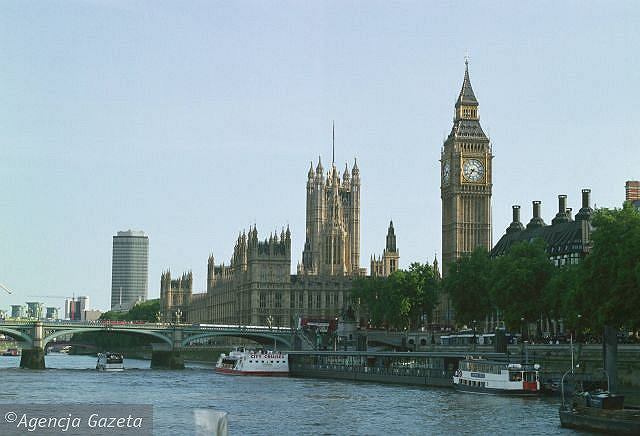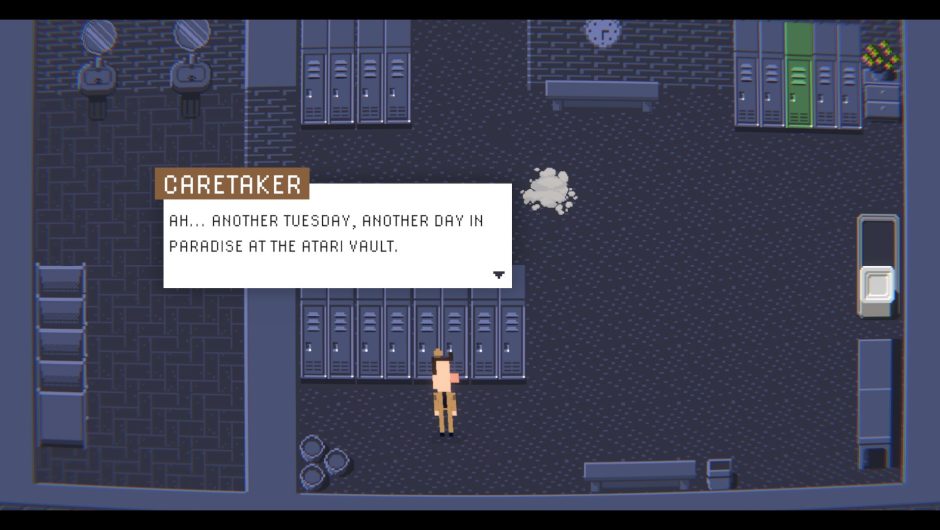In the spring, the British government introduced the new Rules for people coming from abroad to slow the spread of the coronavirus and contain new variables. People coming from high-risk countries – from the so-called red list – should be isolated in the hotel. People coming from the yellow-listed countries, i.e. medium-risk areas, had to be quarantined at home for 10 days (currently this requirement only applies to unvaccinated people).
One in three travelers to the UK may not have been quarantined
From March 17 to May 31, more than one million people from the yellow list countries came to England and Northern Ireland. According to data obtained by the BBC under freedom of information provisions, it amounted to 301,076 during this period cases They were referred to investigators to check whether these people are in quarantine.
The British government was unable to say how many of these cases were found to have violations of the rules, or how many could not be traced back. However, the Home Office said it intends to conduct home visits for all travelers suspected of not following the rules.
The arrivals to the islands cut off contact and refused to cooperate
works by Ministry of Health Hotline staff called incoming people to check their compliance with quarantine rules and get tested for coronavirus. Cases where a person ended the call, refused to cooperate, indicated that he would violate the rules of quarantine or testing, or who was not contacted despite three attempts, were referred to the border guards and police.
Then the officers tried to visit the person at home to see if he was abiding by the rules. And after April 26, the Home Office hired a private subcontractor, Mitie, to carry out inspection visits to the homes of people returning from abroad who should be quarantined.
From London Bartłomiej Niedziński (PAP)
bjn/akl/






